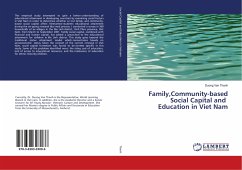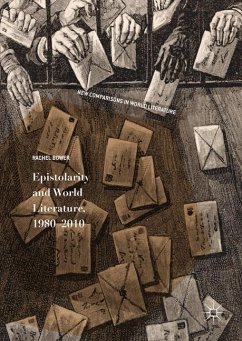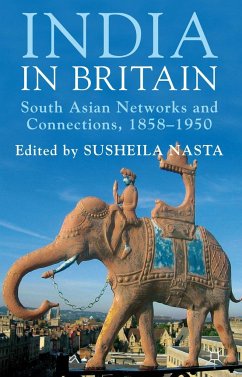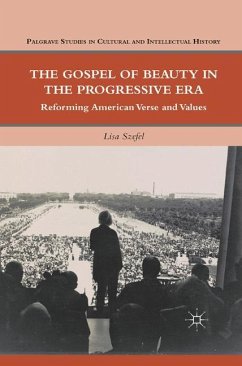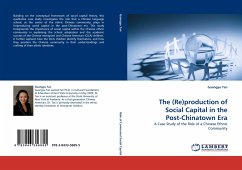
The (Re)production of Social Capital in the Post-Chinatown Era
A Case Study of the Role of a Chinese Ethnic Community
Versandkostenfrei!
Versandfertig in 6-10 Tagen
52,99 €
inkl. MwSt.

PAYBACK Punkte
26 °P sammeln!
Building on the conceptual framework of social capital theory, this qualitative case study investigates the role that a Chinese language school, as the center of the ethnic Chinese community, plays in (re)producing social capital in the post-Chinatown era. This study foregrounds the importance of social capital within the Chinese ethnic community in explaining the school adaptation and the academic success of the Chinese immigrant and Chinese American (CICA) children. It further explores how the CICA children identify themselves, and how they position the Chinese community in their understandi...
Building on the conceptual framework of social capital theory, this qualitative case study investigates the role that a Chinese language school, as the center of the ethnic Chinese community, plays in (re)producing social capital in the post-Chinatown era. This study foregrounds the importance of social capital within the Chinese ethnic community in explaining the school adaptation and the academic success of the Chinese immigrant and Chinese American (CICA) children. It further explores how the CICA children identify themselves, and how they position the Chinese community in their understandings and crafting of their ethnic identities.



